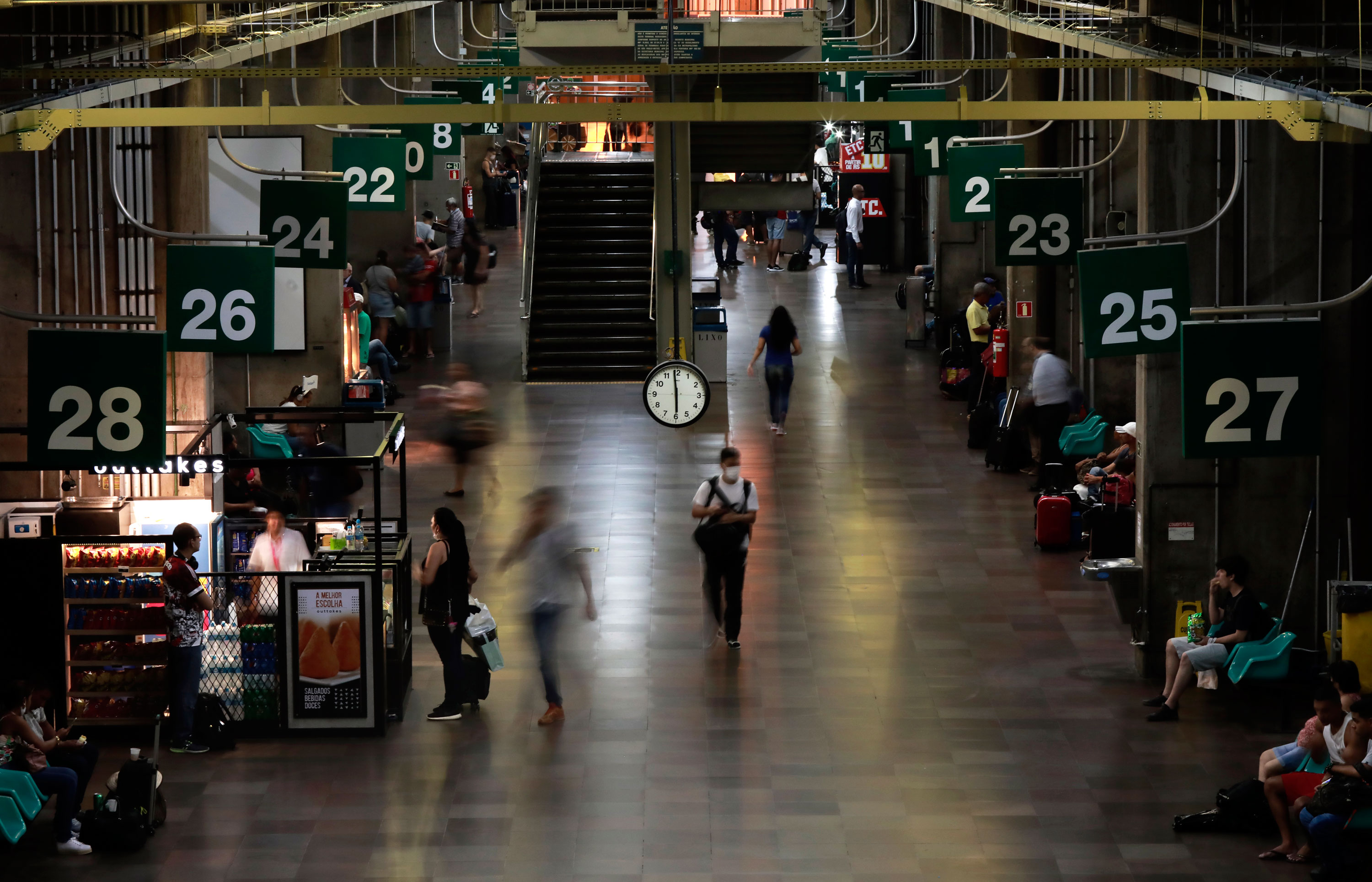Delhi leader says Indian government vaccine procurement policies are ‘a joke’

São Paulo’s government on Monday announced plans to restrict the coronavirus variant first identified in India from reaching Brazil’s most populous metropolis, after one confirmed case and other suspected infections were detected in the country’s northeast.
Symptomatic passengers coming through the Tietê bus station, one of the busiest in the country, will be sent to hospital facilities for Covid-19 tests, a city government statement said. Symptomatic truck drivers traveling on highways will also be tested.
The move follows a news conference held this weekend by Brazilian Health Minister Marcelo Queiroga, who announced measures aimed at preventing the spread of the B.1.617 variant in the hopes of preventing community transmission.
The federal government’s first measure was to send 600,000 rapid tests to the northeastern state of Maranhão, where the first case of the new variant was detected in Brazil.
The patient is a 54-year-old man who was aboard a ship that traveled to Brazil from Malaysia. The patient has been hospitalized in São Luís, Maranhão’s capital, since May 14.
According to Queiroga, the tests will be used on passengers in airports and at the state’s borders. “Any passenger with a positive rapid test will have to take a RT-PCR test with genomic research to verify the Indian variant,” the minister said.
The same strategy will be replicated in Guarulhos, Brazil’s busiest airport, in the state of São Paulo, and on the main roads and bus terminals in Rio de Janeiro and São Paulo.
Last week, the Brazilian government banned flights coming from or transiting through India, the United Kingdom, Northern Ireland or South Africa from entering the country.
In addition to Maranhão, one suspected case of the variant first identified in India is being investigated in the state of Ceará, also in the northeast region, and two cases are under investigation in the state of Pará, in the north of Brazil, according to statements from those state governments.
![]()


